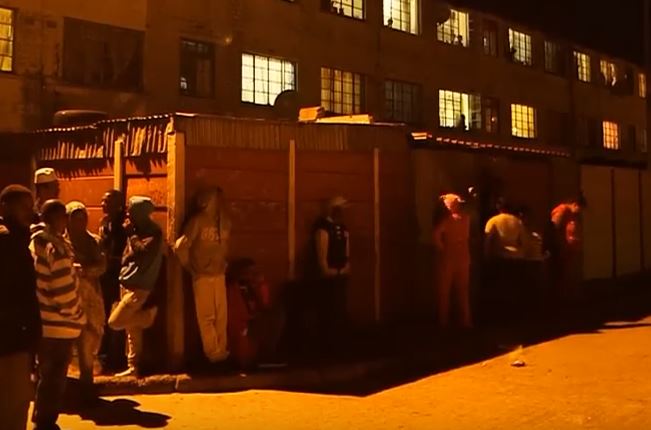Cape Town’s townships continue to endure the highest toll of South Africa’s violent crime epidemic, as the latest national statistics reveal a worsening crisis in some of the country’s most impoverished areas. New figures from the South African Police Service (SAPS) show that four out of the five most dangerous police precincts in the country between January and March 2025 are located in the Western Cape.
“People are being hunted down in their homes. It’s a war zone,”
said Abie Isaacs, chairperson of the Cape Flats Safety Forum, echoing the lived reality of many residents.
The SAPS’s fourth-quarter crime data, released last Friday, painted a bleak picture. The precincts of Delft, Mfuleni, Philippi East, and Nyanga remain among the most violent in the nation. Despite a minor drop in murders in Nyanga—12.5% fewer than in the previous quarter—the reduction has done little to ease the collective trauma in these communities, where fear has become a permanent fixture of daily life.
Although Nyanga once carried the notorious label of South Africa’s murder capital, it is now marginally less deadly. Philippi East, Delft, and Mfuleni, on the other hand, have recorded sharp increases in homicide cases, consolidating Cape Town’s status as one of the most violent cities in the country.
The only precinct outside of Cape Town to top the murder rankings this quarter is Inanda in KwaZulu-Natal—a region that has consistently been marked by a volatile blend of political strife and violent crime.
Police Minister Senzo Mchunu acknowledged the scale of the crisis. Speaking at the release of the statistics, he stated that the Western Cape is among four provinces with the highest murder rates, alongside Gauteng, KwaZulu-Natal, and the Eastern Cape. The Northern Cape was the only province to report an increase in killings, albeit modestly at 2%.
Despite the minister’s assurances that support is forthcoming, residents and activists remain deeply sceptical. The Cape Flats, a sprawling landscape of underdeveloped townships shaped by apartheid-era spatial planning, continues to serve as a hotbed for gang-related violence. In April alone, at least 90 people were killed and 110 injured in violent clashes attributed to gang rivalries and turf wars.
“We don’t need another promise, we need real action,”
Isaacs urged.
Local safety forums and civil society groups argue that the root causes—systemic poverty, spatial inequality, and under-resourced policing—remain unaddressed. Many communities feel they are trapped in a warzone, with little hope of change from government interventions that are often viewed as reactive and inadequate.
Ian Cameron, chairperson of Parliament’s Portfolio Committee on Police, has renewed calls for a judicial commission of inquiry into gang violence. He points to the failure of past efforts and warns that enforcement alone will not resolve a crisis decades in the making.
“Crime prevention efforts are often too little, too late,”
Cameron said, highlighting the persistent erosion of trust between law enforcement and the communities they are meant to serve.
In a bid to restore that trust and build capacity, Minister Mchunu has pledged to deploy more than 5 500 new police officers later this year. Many of the fresh recruits, expected to graduate from SAPS academies in August and November, will be assigned to overstretched and vulnerable precincts in the Western Cape.
He also announced a strategic expansion of forensic infrastructure, aimed at reducing the case backlogs that continue to undermine the criminal justice system. By adding new laboratories and investing in evidence processing, the ministry hopes to speed up investigations and increase conviction rates.
Still, this push to bolster law enforcement resources may not be enough to quell the violence in communities where young lives are easily lured into criminal networks. The collapse of economic opportunity, weak education systems, and inadequate social services mean that even effective policing cannot substitute for long-term, structural reform.
Internationally, concerns are growing. Billionaire Johann Rupert made headlines this week after briefing United States officials about the spiralling crime levels in South African cities, particularly Cape Town. His remarks have intensified global scrutiny, putting added pressure on local leaders to act with urgency.
“Violent crime in South Africa, especially in cities like Cape Town, is spiralling out of control,”
Rupert reportedly warned.
Back home, many residents feel that the headlines and official responses do little to alter the ever-present threat in their lives. Each statistic tells a story—one of lost potential, fractured families, and a community constantly in mourning.

















